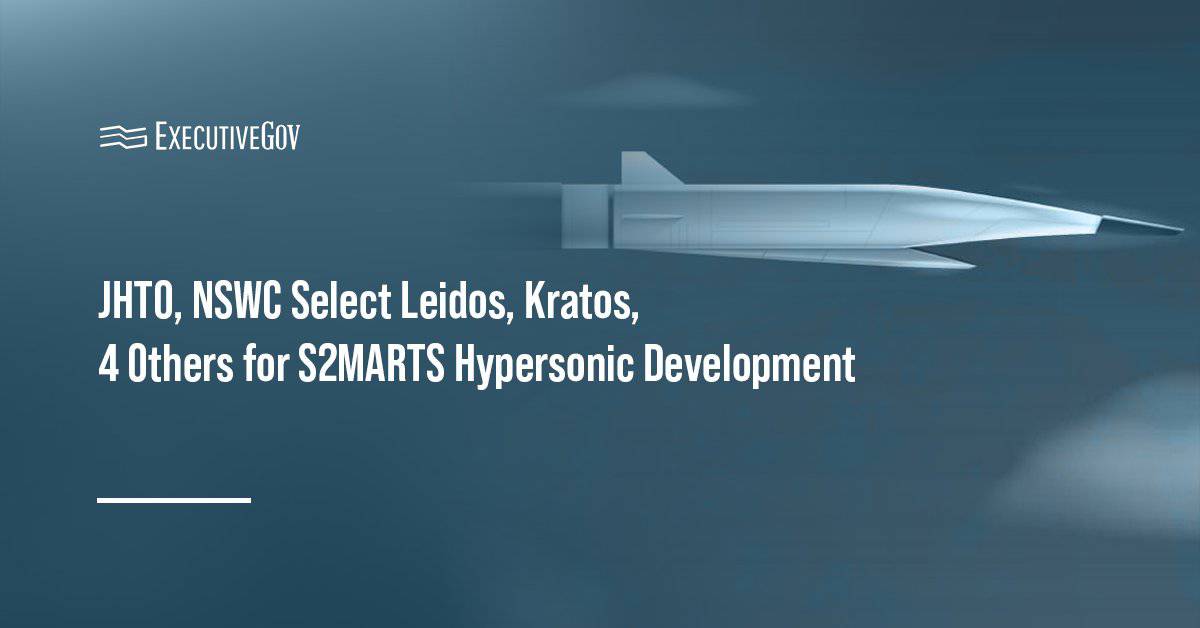
Deputy Defense Secretary and 2020 Wash100 Award winner David Norquist said the Pentagon’s proposed budget of $705.4 billion for fiscal year 2021 seeks to prepare the U.S. armed forces for “high-end” warfare, DoD News reported Monday.
"The FY2021 budget request is the next step in implementing the National Defense Strategy and focuses on all-domain operations," Norquist said Monday during a briefing at the Pentagon.
He said the budget proposal seeks to increase investments in artificial intelligence, hypersonic weapons and autonomous platforms, build up missile defense, recapitalize the country’s capabilities in nuclear deterrence and sustain readiness.
The department’s FY 2021 budget request includes a 3 percent pay increase for service personnel and intends to earmark $28.9B in funds for nuclear modernization, $18 billion for space, $20.3 billion for missile defense, $9.8 billion for cyber space initiatives.





